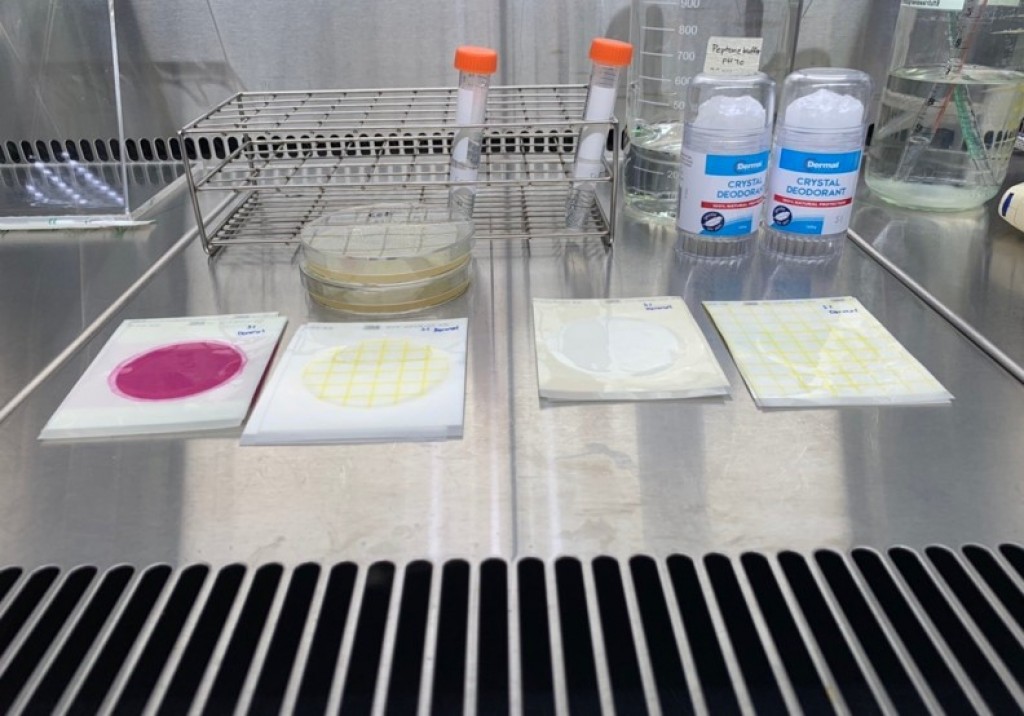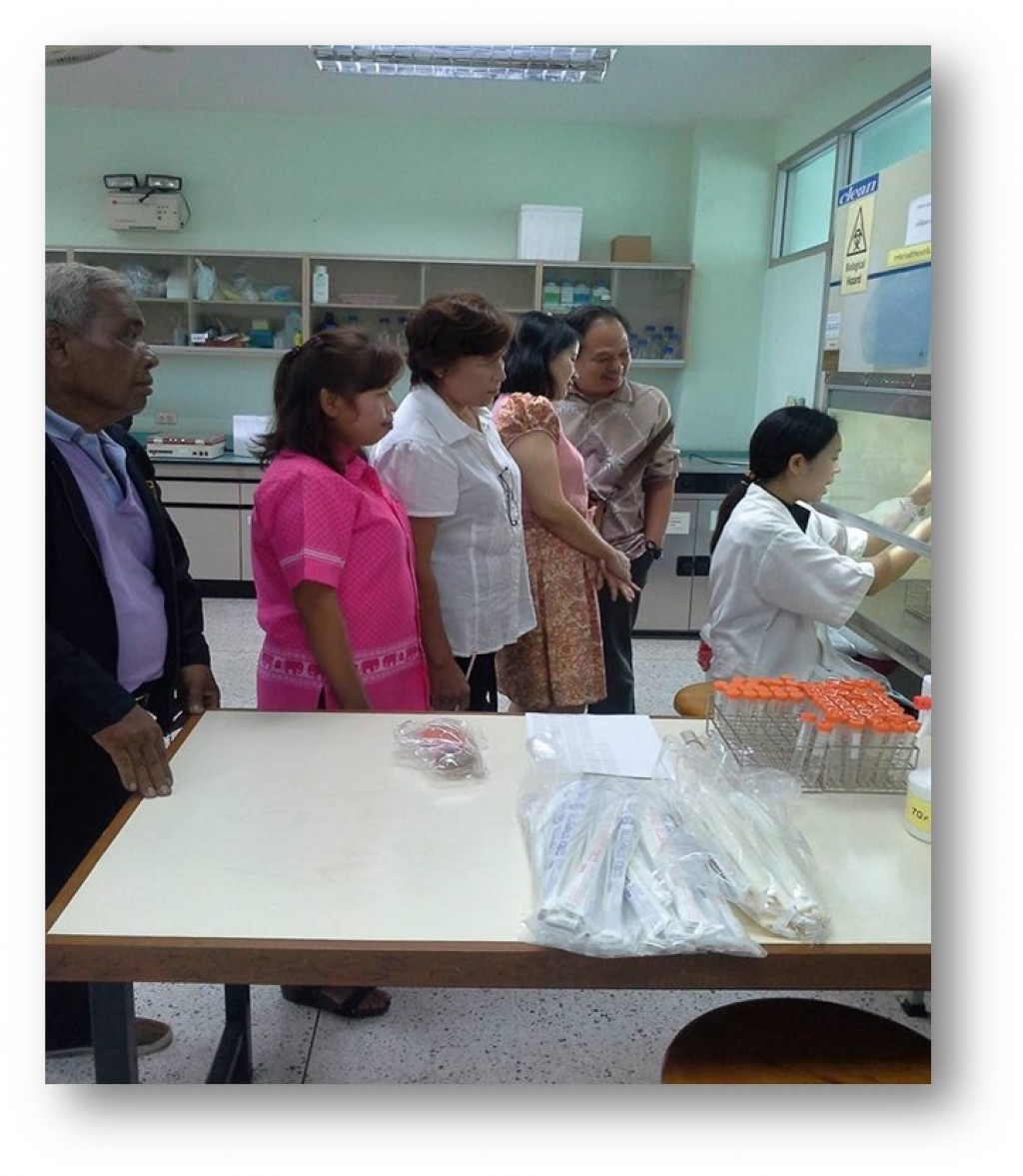





| Target | Indicator | |
|---|---|---|

SDG 1
NO POVERTY
|
||
| 1.a Ensure significant mobilization of resources from a variety of sources, including through enhanced development cooperation, in order to provide adequate and predictable means for developing countries, in particular least developed countries, to implement programmes and policies to end poverty in all its dimensions | 1.a.2 Proportion of total government spending on essential services (education, health and social protection) | |

SDG 3
GOOD HEALTH AND WELL-BEING
|
||
| 3.9 By 2030, substantially reduce the number of deaths and illnesses from hazardous chemicals and air, water and soil pollution and contamination | 3.9.2 Mortality rate attributed to unsafe water, unsafe sanitation and lack of hygiene (exposure to unsafe Water, Sanitation and Hygiene for All (WASH) services) | |

SDG 4
QUALITY EDUCATION
|
||
| 4.7 By 2030, ensure that all learners acquire the knowledge and skills needed to promote sustainable development, including, among others, through education for sustainable development and sustainable lifestyles, human rights, gender equality, promotion of a culture of peace and non-violence, global citizenship and appreciation of cultural diversity and of culture's contribution to sustainable development | 4.7.1 Extent to which (i) global citizenship education and (ii) education for sustainable development, including gender equality and human rights, are mainstreamed at all levels in (a) national education policies; (b) curricula; (c) teacher education; and (d) student assessment | |

SDG 10
REDUCED INEQUALITIES
|
||
| 10.2 By 2030, empower and promote the social, economic and political inclusion of all, irrespective of age, sex, disability, race, ethnicity, origin, religion or economic or other status | 10.2.1 Proportion of people living below 50 per cent of median income, by sex, age and persons with disabilities | |
This project aims to increase the quality of cosmetic products in Nakhonnayok by enhancing the efficacy of the cosmetic products and reduce the toxicity and irritation of the products. One of the activities supporting the objective of this project is to test if the cosmetic products sold in Nakhonnayok has been contaminated with microbes or not. We use scientific method which is approved by Thai FDA to test the contamination of microbes listed by the Thai FDA. These microbes are Aerobic plate count, Staphylococcus aureus, Escherichia coli, Pseudomonas aeruginosa, Candida albicans, and Yeast and Mold. The test has been performed by a professor and students in the Faculty of Pharmacy, Srinakharinwirot university. The test was run for three samples for each product. There are more than 35 products tested from our project in 7 years of project. The results show that approximately 20% of all tested products have been contaminated by microbes, especially fungus and mold. The manufacturers of products that have microbial contamination were called and asked to come to discuss with our consulting team. The consulting team led by another professor who is specialized in product development at the Faculty of Pharmacy told them the results, the meaning of the results, and the significance of sterility of products-how contaminated products can be very dangerous. The consultant explained and gave the manufactures the way to get rid of the microbes and the way to prevent the products from microbial contamination. We found that the factor that mostly causes contamination is contaminated water used to prepare cosmetic products. The second most common cause of the cosmetic contamination is contaminated natural extract added into the cosmetic products. The third cause is the non-use of antimicrobial as a preservative of the cosmetics. From these findings, we transfer this knowledge to the manufacturers and educate them how to avoid contamination. We also visit their production sites to observe how to manufacture products to make sure that the equipment and place are conformed with cosmetic manufacturing standard.
In addition to microbial contamination, we have tested the irritation and hypersensitivity caused by cosmetic products in Nakhonnayok. Each year we collected 1 product to test with 30 human volunteers to see that cosmetic product irritate or induce hypersensitivity reaction to human skin. This test was approved by ethics committee of Srinakharinwirot University. This activity is aimed to ensure safety of products sold in the market of Nakhonnayok. The results show that all products tested pass. There are no products causing irritation and hypersensitivity to human skin, which means that they are safe to use.
Another activity that we continually do for all 7 years of the project is to educate cosmetic manufacturers in Nakhonnayok. We organized two lectures plus workshop two times a year to educate cosmetic manufacturers and people who are interested in producing cosmetics for sale. The participants of this activity are shown how to formulate high quality products, how to control the quality of products, how to design packaging of products, how to register products, and how to conform to cosmetic Good Manufacturing Practice (GMP). The speaker are both faculties in the Faculty of Pharmacy, Srinakharinwirot University or are invited speakers from other organizations. The participants were asked to evaluate satisfaction and useful of this activity. The results reveal that more than 95% of participants satisfy with this activity, which they mentioned that they gain more knowledge and were fun. More than 85% said that contents in the lectures and workshop can be used in their real life.
Another activity we performed in this project is to formulate new cosmetic products for people in Nakhonnayok and teach them how to prepare it in large scale manufacturing, as requested. There have been more than 30 products that professors and students of the Faculty of Pharmacy, Srinakharinwirot University formulated so far and many of them were registered and sold to the market, both national and international market. The products are tested for physical stability to ensure that they will be expired within the expiry dates before delivery to the manufacturers.
Anytime cosmetic manufacturers have problems, they have channels to contact a consultant of the project 24/7 by line application, phone call, and meeting in person. All these activities are free of charge. They are supported by Srinakharinwirot University.
This project has a high impact on the cosmetic product quality in Nakhonnayok. Even though only products in Nakhonnayok have been tested, the impact of our findings can affect people around the country. Approximately 20% of all products tested showed microbial contamination which is considerably a very high number. This could be a warning for Provincial Health Offices of all provinces to be aware of the quality of cosmetic products sold in their region.
In addition, our project has an impact on cosmetic product quality in Nakhonnayok itself. After discussion with the manufacturers whose their products are found to be contaminated, we request to test the products again after allowing them to improve their products. We found that 100% of all products are not contaminated after they improve their products. This can be done by changing the type of water used for product preparation, sterilization of natural extract added as an active ingredient in cosmetics, and adding preservative in the products.
The result of irritation and hypersensitivity test suggest that cosmetic products in Nakhonnayok are safe to use and will not induce hypersensitization to human skin. This has an impact on the reputation of the manufacturers and the province as well.
People in Nakhonnayok who participated in our lectures and workshop will be more educated and their learning is considered sustainable. The knowledge they have gained can be used for their work as a part time job after they are available from their main job or it could be their main job that produces income to their family.
In addition, the formulation of new cosmetic products has high impact on their income when they register it and sell it. Our participants of this project do not have to pay for the cost of formulation and even the chemicals and equipment. Everything is free of charge so they can save a lot of money-at least 50,000 baht for each product.
In conclusion, we found that the test of microbial contamination performed by our project helps Provisional Health Offices, and the Thai FDA to monitor the quality of cosmetics in Nahonnayok region. Moreover, our findings have high impact to the country in terms of warning people in the country to be aware of using cosmetics produced in their region. People have sustainable development in terms of being educated and trained to produce cosmetics as a part time job or even the main job for income. They have increased income for family from producing cosmetics for sale. The elderly could make cosmetics for use as a hobby. Most project participants can apply knowledge received from lectures and workshop to make cosmetics for use in their household and this can help them save a lot of money from household expenses. Therefore, our project have high impacts both on health of people in the regions and nation, and on the economy in the province.









